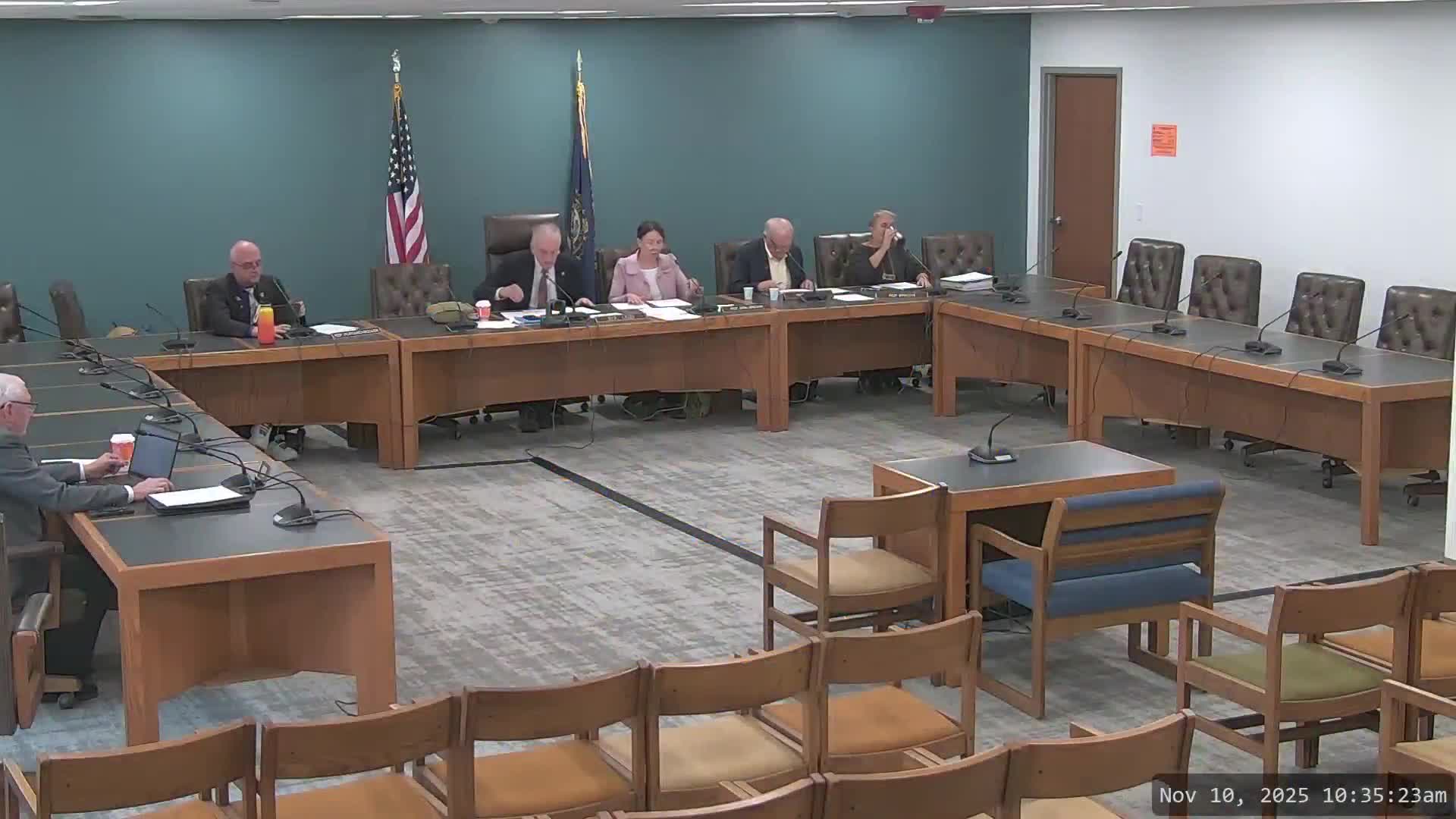Subcommittee advances amended civics requirement for college undergraduates, with exemptions and later start date
Get AI-powered insights, summaries, and transcripts
Subscribe
Summary
Representative Brown moved to advance an amended HB 112 that would require undergraduates to demonstrate civic competency either by passing a version of the USCIS naturalization test with a score of 70 or by successfully completing a college civics course.
Representative Brown moved to advance an amended HB 112 that would require undergraduates to demonstrate civic competency as a condition for graduation either by (a) showing proof of passing a version of the U.S. Citizenship and Immigration Services naturalization test with a score of 70 or better, or (b) successfully completing a civics course covering fundamental American documents as part of the general-education curriculum (or passing a competency test tied to that course).
The amended draft adds exemptions for exchange students, foreign nationals, military personnel on full-time active duty (and part-time service or veterans pursuant to RSA 110-D 3), and makes the effective date July 1, 2027. Representative Brown asked that language be revised from "take a civics course" to "successfully completes a civics course" to reflect academic standards and repeated that institutions could offer a competency test so students are not required to re-take coursework they already have mastered.
Lawmakers debated cost implications. One member raised fiscal concerns, saying an earlier fiscal note estimated roughly $1 million for the undergraduate and community-college systems and warned that the requirement could increase costs amid prior budget reductions. Supporters countered that the amendment gives institutions flexibility (course or competency test) and that the institution could choose the most cost-effective compliance method; the sponsor said some initial Department of Education implementation costs had been about $500,000 with a subsequent $800,000 request over five years in a prior implementation effort.
The subcommittee recorded a roll-call vote captured in the minutes: the clerk announced the motion text as 'Not to pass as amended' and the votes were recorded as Representative Burton — No; Representative Ricky — No; Representative Popovich — Yes; Representative Ladd — Yes; Representative Brown — Yes. The clerk announced the motion passes by recorded vote. The minutes do not provide additional immediate implementation guidance beyond recorded exemptions, the revised effective date and the requirement that institutions may use a course or competency assessment to meet the standard.
What happens next: The amended HB 112 draft, with the exemptions and effective date of 07/01/2027, will be included in materials for the full committee. The transcript does not record a new fiscal note prepared at the hearing; members asked about potential added costs and the record cites an earlier fiscal estimate.
Speakers quoted in this article are taken from the subcommittee transcript and identified by their role.
